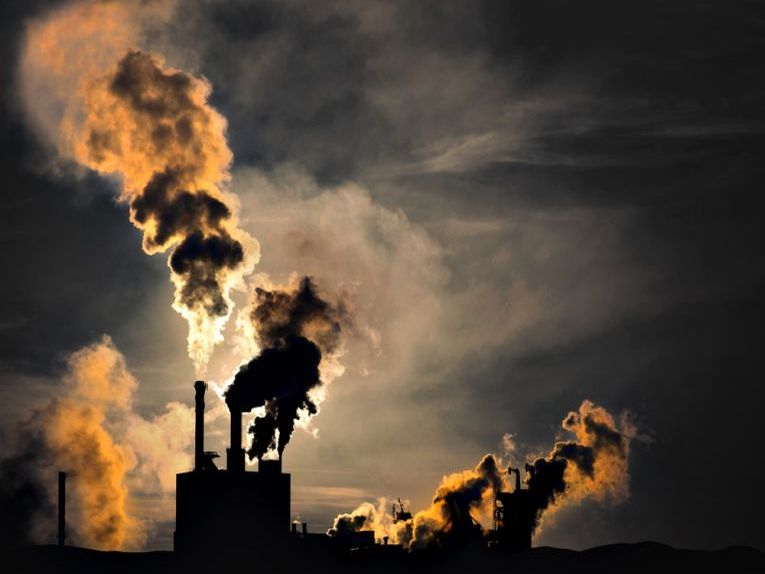Greenpeace is one of the few organisations able to lift the lid on the economics of pollution. Too many ingrained privileges and unspeakable truths hide a real understanding by certain countries as well as international organisations. 300 of the largest coal-powered power stations in Europe kill 22,300 people prematurely every year and cost billions in health care, lost working days and insurance claims. This very significant Greenpeace Report is named, "Silent Killers."
Stuttgart University were commissioned to carry out the work on health impacts from the coal industry. Road traffic accidents are now less dangerous than coal plant pollution in Poland, Romania, Bulgaria and the Czech Republic, with the UK and then Germany only just behind these champions of bad health.
Only 5th in the table, the UK loses 22,600 years of life and 480,000 working days are lost every year. Publishing those figures over the whole of Europe, the incredible total is 240,000 years lost from people's lives. In the UK, the 2 largest power stations are each responsible for 4450 and 4210 lives lost prematurely. As the leading polluter, Polish government and utility plans to build 12 new plants are reprehensible. Alongside the Polish PGE, RWE, PPC, Vattenfall and ÄŒEZ prove to be creating the worst impacts on health.
Microscopic particle pollution has always been the main killer of coal miners through pneumoconiosis. Now research indicates acid gases, soot, dust from coal and diesel engines are all penetrating the human lung and bloodstream. The increasingly prevalent British asthma attack and other respiratory problems, particularly of children, could well be laid directly at the door of these pollutants.
As well as this terrible news, the Greenpeace report states clearly that, "tens of thousands of kilogrammes of toxic metals such as mercury, lead, arsenic and cadmium are spewed out of the stacks, contributing to cancer risk and harming children's development." Sulphur dioxide production is an aspect of coal burning that has always been a recognised problem. 70% of Europe's sulphur emissions and 40% of the nitrogen oxide come from these 300 huge power station. As earth Times quoted the other day, with American coal being sold cheaply now, the use of coal within the EU has increased every year from 2009 to 2012!
Clean renewable energy is increasing in popularity in places like Scotland and Norway with the renewable energy targets of the EU likely to encourage further steps. Lauri Myllyvirta is a Greenpeace International energy campaigner. Her quote is related to the "staggering" nature of the results. "Europe must continue down the path of clean renewable energy by setting an ambitious, binding 2030 renewable energy target," she states.
Greenpeace is asking the European Commission to propose a binding renewable energy target of 45% with greenhouse gas reduction target of 55% by 2030. This is despite open defiance by people such as the UK Energy Minister, Edward Davey, and several other polluters in the EU. Mr Davey is struggling to recover his green credentials after being forced into financial cuts. This has delayed a proposed carbon-free UK production of electricity by the year 2030!










